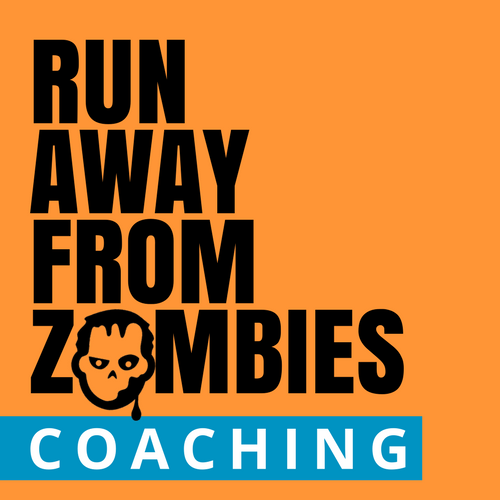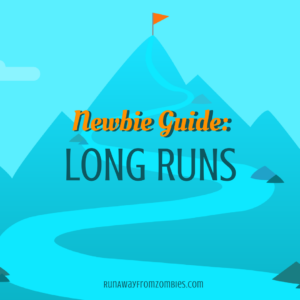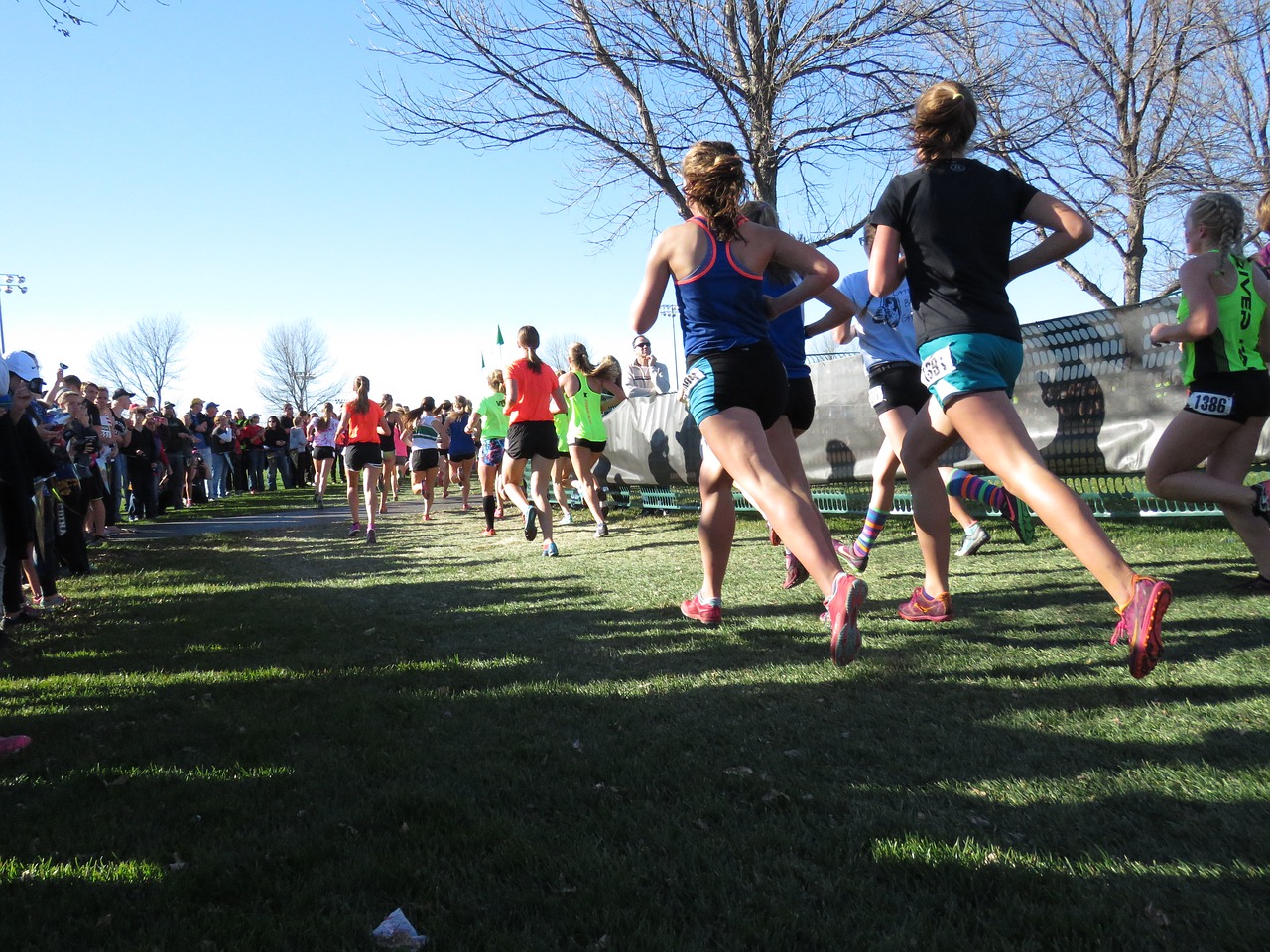 “Long Runs” might sound scary for beginners. Maybe you have a marathon friend who disappears for most of the day during their long run (*cough*), but these workouts don’t have to take hours. They also don’t have to be scary.
“Long Runs” might sound scary for beginners. Maybe you have a marathon friend who disappears for most of the day during their long run (*cough*), but these workouts don’t have to take hours. They also don’t have to be scary.
What’s a long run?
It’s a run that is longer than your other runs.
Simple, right? But, with loads of benefits. Check out 10 of them in last week’s post here.
Check out this beginners long run guide and get started this week.
Beginners: Long Run (Your Complete Guide!)
When should you start?
You can start building your long run as soon as you become a consistent runner (new and experienced peeps, alike). You should be running at least 3 days a week, but 4 days will give you more options.
Related: How Often Should I Run?
What does a beginners long run look like?
Choose one day each week for your long run. (Remember, you may have more free time on the weekend.)
If you measure by time, add 5 or 10 more minutes to the run. If you measure by distance, perhaps a 0.5-1 mile. Nothing that feels super hard in the moment, but starts to add up. Next week add another 5 minutes.
Don’t exhaust yourself by throwing in an absurdly long run out of nowhere. You want to build up slowly, so you can sustain.
Every few weeks, you will want to “cut back” your mileage. This will give your body a week of active recovery to gain strength and repair itself. Then build your mileage off the previous non-cut back week.
Related: Rest or Run? Balancing Easy and Hard Days
How often?
One long run a week is traditional, but you may benefit from more recovery time.
If you have a flexible schedule (maybe you’re retired or have an atypical work week), you could do your long runs every 10 days.
If you’re pleased with your current endurance and it’s the off-season, maybe a long run every few weeks will be enough to “remind” your body what running long feels like.
Related: Runner’s World – Benefits of a 10 Day Training Cycle
How long should your long run be?
That depends on how many miles you run in a week.
The general guideline is 30-50% of your weekly mileage should come from your long run, and preferably on the lower end. I would not recommend consistent 50%+ long runs.
Once you have reached that threshold, you will have to build up your midweek mileage to support a longer run. This is how many training plans work.
For improvement in the 5K, a long run of 6-8 miles for beginners is great (Note: You don’t have to run that long for your first 5K). 10K racers will find 10 mile long run hard work, but will make the 10K feel a lot easier.
First time half marathoners will typically work toward one 10 mile long run which lands one week before the race. Or, maybe a 12 mile long run two weeks before the race. First time marathoners will typically peak with a 18-22 mile long run.
Knowing which long run distances you should maintain and those you should just touch before a race is important to balance hard work with rest. Having a training plan designed by a running coach can answer a lot of those questions.
Related: Personalized Training Plans
Nutrition and Water
If you’re running for over an hour, you will need to eat or drink some carbohydrates to support the remainder of your run. This is a great time to practice your mid-run fueling. Check out this post for some options.
Any run over 60 minutes, also needs water. And depending on the weather conditions, you may need it even sooner (like Savannah…). Check out this post on drinking water during your run.
Sample Beginners Long Run
Say, you’re currently running 3 miles, 4 days a week consistently.
Week 1: 3 mi, 3 mi, 3 mi, 4 mi
Week 2: 3 mi, 3 mi, 3 mi, 5 mi
Week 3: 3 mi, 2 mi, 3 mi, 3 mi (cutback week)
Week 4: 3 mi, 3 mi, 3 mi, 6 mi (40% of your weekly mileage)
Running Long
If you have any questions on how to add a long run into your specific routine, ask in the comments below or send me an email at rebekah@runawayfromzombies.com. Want a running plan personalized to you? Check out my plan design services here.
Runners quickly earmark the long run as their favorite. They give you a chance to explore your town and parks in a way a short run can’t. Try a different park for every long run. Go explore. Run long!








An impressive share! I’ve just forwarded this onto a friend who has been conducting a little research on this. And he in fact ordered me lunch because I discovered it for him… lol. So let me reword this…. Thanks for the meal!! But yeah, thanx for spending time to discuss this matter here on your web page.